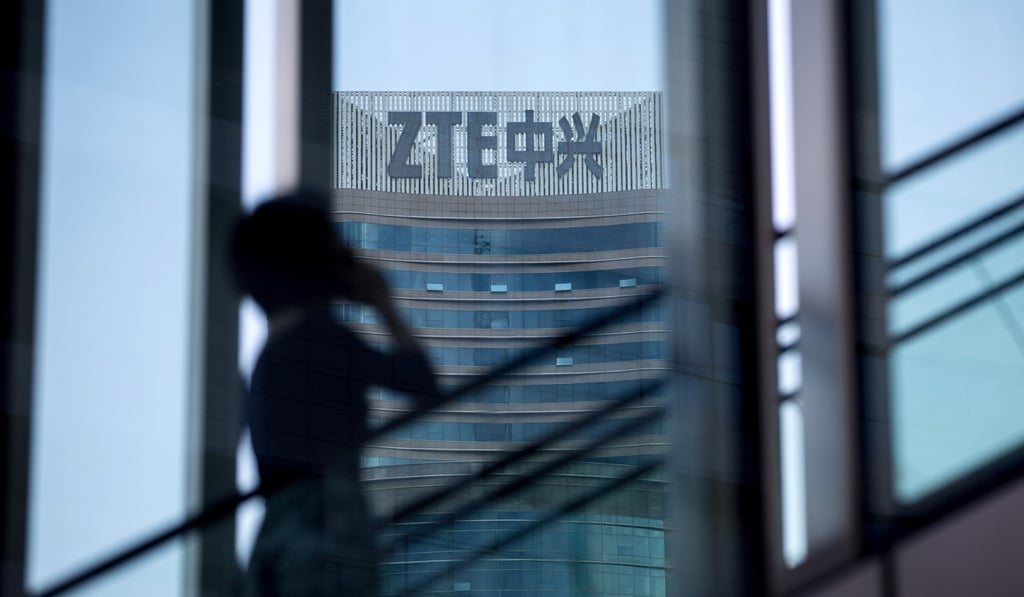US trade war: when the (micro) chips are down, Chinese cash flows to Israel
With fears mounting that Donald Trump’s trade war will lock out Chinese firms from US markets, companies seeking to invest in next-generation microchips have found a new source

As trade disputes between Beijing and Washington fester, Chinese companies seeking a toehold in next-generation technology have found one of America’s greatest allies could also be their ally.
At least six Chinese tech companies have discussed investment opportunities with Israeli microchip makers since March, according to venture capitalists and lawyers involved in the deals. “Some Chinese companies wanted to invest in Israeli chip makers as a technology backup, while others had previously considered this option and have now decided to accelerate the process,” said Michael Ruan, chief representative of Shanghai-based Sino Israel Technology Innovations, which has acted as a matchmaker.
The Chinese investors are all tech giants listed on the stock exchange, while the Israeli companies all specialise in the type of microchips used in smartphones, supercomputers and cloud-based storage services, Ruan said.
Should the negotiations bear fruit, the partnerships will aid Beijing in its quest for global leadership in technology just as some fear its companies face roadblocks in obtaining crucial US-made components.

In March, the US trade representative’s office proposed punitive tariffs on Chinese goods representing about US$50 billion worth of annual imports to the US, many of which were later revealed to be targeting hi-tech manufacturers. The Trump administration said the move would address a worsening bilateral trade imbalance fuelled by China’s unfair business practices, but it is viewed by some as an attempt to curb the rise of China’s tech industry.